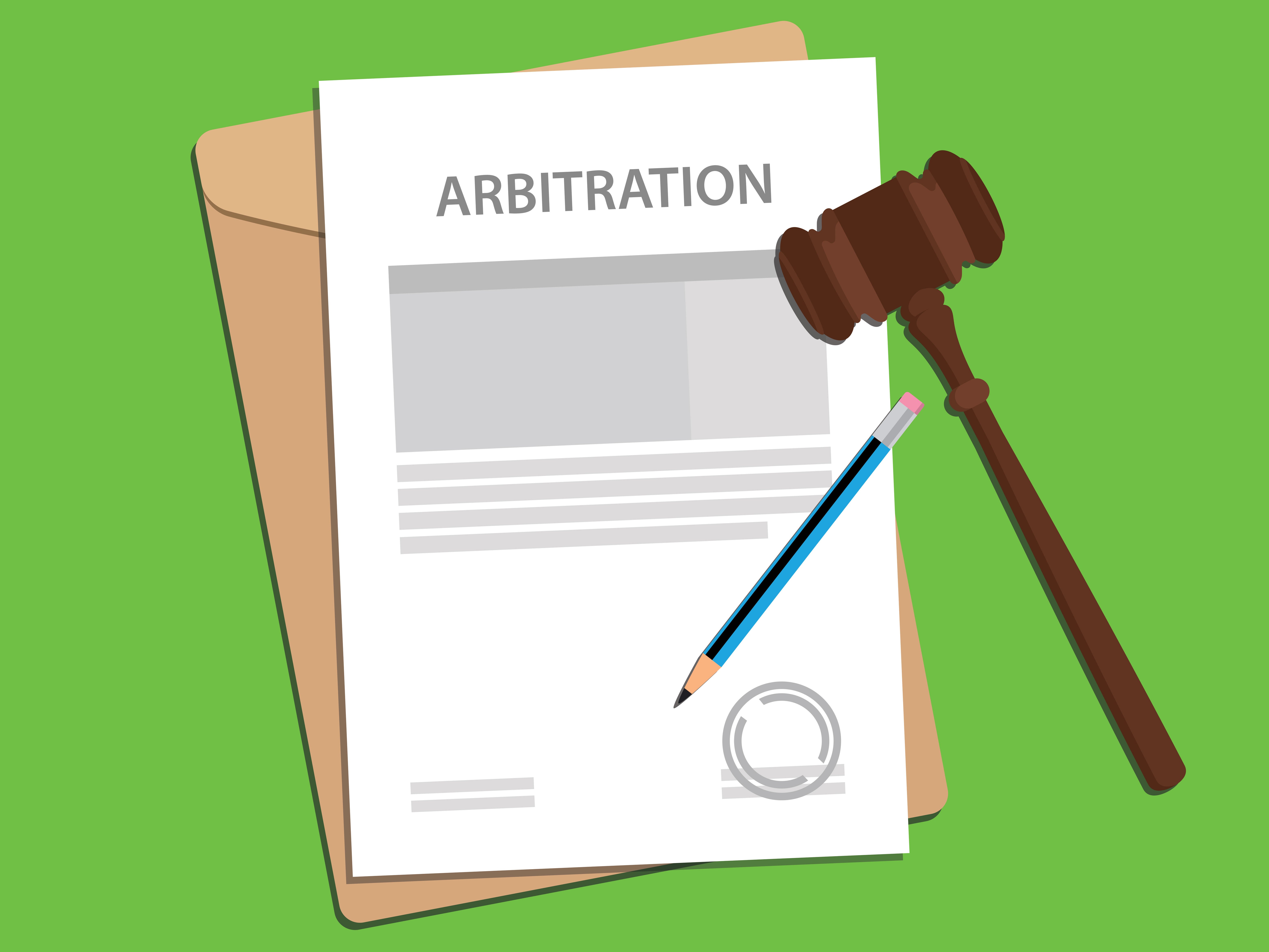28 November 2023
5 min read
#Construction, Infrastructure & Projects, #Arbitration
Published by:

Generally, only parties to an arbitration agreement are likely to participate in the arbitration. However, this issue has recently been considered by the NSW Supreme Court in King River Digital Assets Opportunities SPC v Salerno [2003] NSWSC 510 (King River v Salerno), which has expanded who and why a non-party may become a participant.
Firstly, in order to arbitrate the parties are required to agree that arbitration is a suitable dispute resolution process. The most common way to do this is to include an arbitration clause in the agreement or contract governing the relationship between the parties.
Whilst the form of an arbitration clause can vary, there are a number of items that should be included:
Alternatively, the parties can come to a subsequent agreement and prepare a separate and standalone arbitration agreement that will apply to the dispute. However, this arrangement is less common as including an arbitration clause in large contracts is becoming more the norm. If the parties take this step, however, the above should still be addressed.
In the matter of King River Digital Assets Opportunities SPC v Salerno [2023] NSWSC 510, King River and the defendant’s company, Trigon Trading Pty Ltd, entered into a “Master Purchase Agreement”, under which King River entrusted millions of dollars to Trigon for cryptocurrency trading and investment. The Master Purchase Agreement contained an arbitration clause.
When FTX Trading Limited (the world’s largest international cryptocurrency exchange and the one used by Trigon) collapsed, King River lost the money entrusted to Trigon (which went into liquidation) and subsequently sought to recover those funds from Mr Salerno on the basis of accessorial liability for misleading and deceptive conduct engaged in by Trigon by court litigation.
It is important to note that each Australian state has uniform arbitration legislation, called the Commercial Arbitration Act which applies to arbitrations brought, and able to be brought, in the relevant jurisdiction.
It was under section 8 of the Commercial Arbitration Act 2010 (NSW) (CAA Act) that Mr Salerno sought to stay the court proceeding in favour of proceeding to arbitration on the basis that he, as the sole director of the now liquidating Triton, was a party to the to the arbitration agreement.
The definition of party under section 2 of the CAA Act is relatively broad and states that:
“party” means a party to an arbitration agreement and includes: Any person claiming through or under a party to the arbitration agreement.
The issue as to who is a “party” was recently considered in Rinehart v Hancock Prospecting Pty Ltd (2019) 267 CLR 514 and relied upon by Mr Salerno in King River v Salerno.
In that case, the issue was whether third parties who were assignees, but who were not a party to a deed that contained an arbitration clause, could still seek to stay court proceedings because they were claiming “through or under” the arbitration agreement. The critical issue was that the assignee’s defence would result in it standing in essentially the same position as the assignor (who was a party to the deed and therefore was bound by the arbitration clause). Accordingly, the court found at [73]:
"…there is no good reason why this claim should not be determined as between the claimant and the assignee in the same way as it will be determined between the claimant and the assignor. To exclude from the scope of the arbitration agreement binding on the assignor matters between the other party to that agreement and the assignee would give the arbitration agreement an uncertain operation. It would jeopardise orderly arrangements, potentially lead to duplication of proceedings and potentially increase uncertainty as to which matters of controversy are to be determined by litigation and which by arbitration. And ultimately it would frustrate the evident purpose of the statutory definition."
This was later followed in DFD Rhodes Pty Ltd v Hancock Prospecting Pty Ltd [2022] WASCA 97, where the court stated at [111]:
“The focus is on the nature and source of the claims and defences of the person said to be claiming through or under a signatory to the arbitration agreement, not on the relationship between the two parties or on the relationship of the first person to the arbitration agreement.”
Going back to the matter of King River v Salerno, the Court held at [32] that because Mr Salerno’s defence was that Trigon did not engage in misleading and deceptive conduct and therefore, he had no accessorial liability, Mr Salerno would be taking a stand on a ground which is also available to Trigon, and would stand in the same position vis-à-vis King River as Trigon. Accordingly, despite him not directly being a party to the Master Purchase Agreement, Mr Salerno was entitled to a stay of the proceeding.
The above is a both a warning and an invitation for parties who may not be a direct party to an agreement containing an arbitration clause, but would prefer to utilise that particular form of dispute resolution if they anticipate being brought into the dispute. Accordingly, if you foresee a dispute on the horizon and the opportunity to arbitrate, we recommend you consider the proper parties to that dispute and whether there is a right to arbitrate.
If you have any questions, please get in contact with a member of the team below or visit our arbitration page here.
Disclaimer
The information in this publication is of a general nature and is not intended to address the circumstances of any particular individual or entity. Although we endeavour to provide accurate and timely information, we do not guarantee that the information in this article is accurate at the date it is received or that it will continue to be accurate in the future.
Published by: